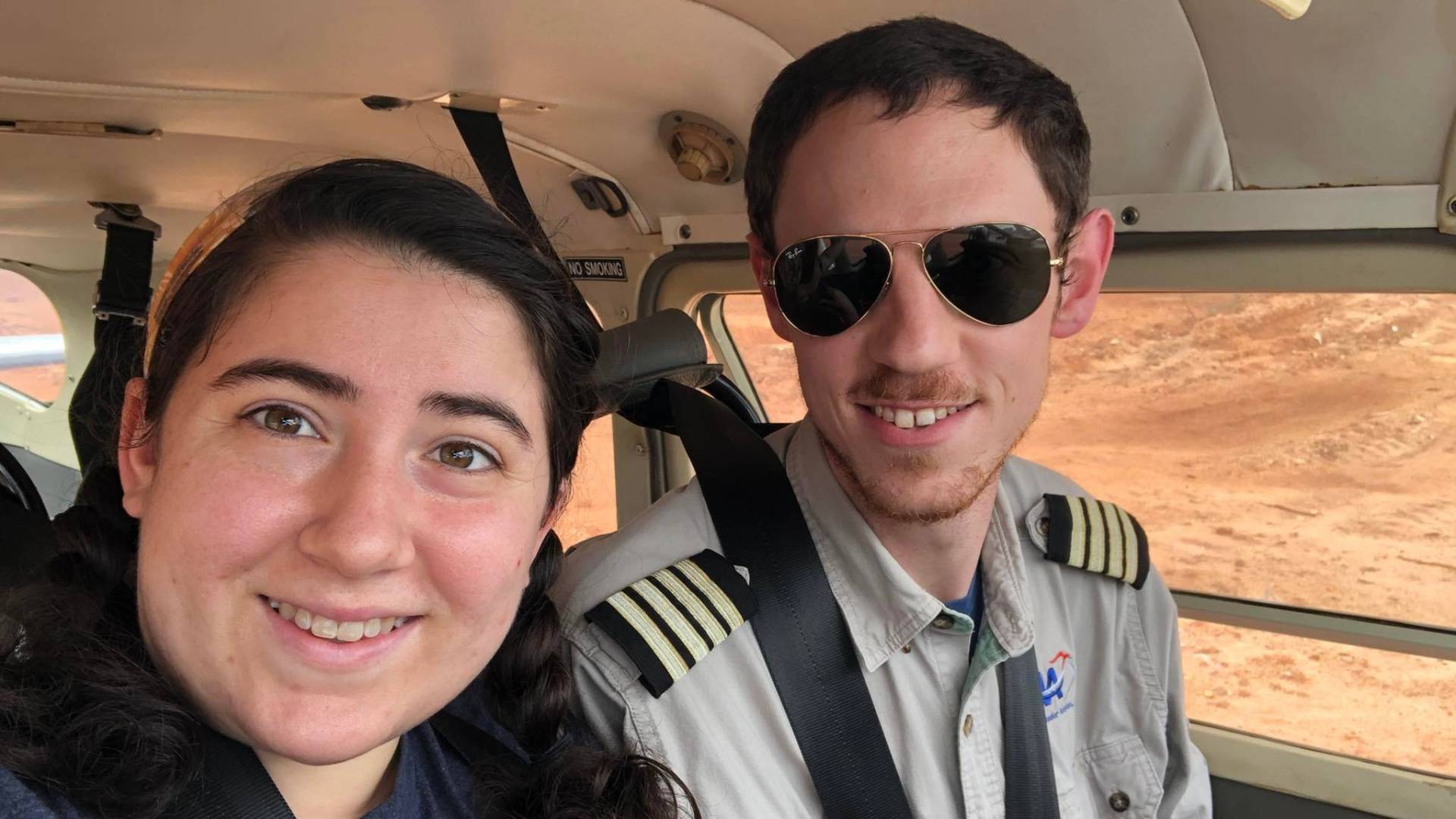November 8 started off as a normal Friday for Ryan Koher.
The 33-year-old missionary pilot was at his desk in a hangar at Mission Aviation Fellowship’s (MAF’s) headquarters in Nampa, Idaho, where he had been working for several months.
But then a colleague came in with some long-awaited news: Authorities in Mozambique had finally closed an investigation of Koher on suspicions of supporting insurgents in the northern region of the country. No charges would be filed.
“It was kind of unreal,” Koher said in an interview with CT. “We’re really excited, and the main reason we’re excited is that this allows us to go back to Mozambique.”
Almost two years ago to the day, Koher and the volunteers flying with him were arrested. The three men spent four months in prison before being granted provisional release, after which Koher returned to the states last year.
MAF had always maintained that the charges were erroneous.
“From the very beginning, we knew that Ryan was carrying out a legitimate and needed flight and was completely innocent of the suspicions that were investigated,” MAF president and CEO David Holsten said in a press release.
“During this lengthy ordeal, Ryan and [his wife] Annabel have faithfully trusted the Lord and experienced His sustaining care on many occasions. We are so grateful to everyone who has diligently prayed for the Koher family. We know that God will use this situation for His glory.”
The public prosecutor’s office in Mozambique came to the same conclusion earlier this month. The document announcing the decision to drop the investigation stated that “it was not possible to determine any connection between the accused and any terrorist or terrorist organization at a domestic or international level.”
Instead, officials determined that Koher and the volunteers’ activities were intended to “support vulnerable people (widows and orphans).”
The Kohers had moved to Mozambique in December 2021 with their two young sons. Ryan Koher began flying for MAF’s local partner Ambassador Aviation, which provides medical evacuations, transport for doctors and conservationists to remote areas, delivery of humanitarian aid, and general charters.
Koher was transporting a delivery destined for an orphanage in Balama—located in the embattled Cabo Delgado province in northern Mozambique—back in November 2022 when police became suspicious during a security screening.
Koher had met up with two South African volunteers—W. J. du Plessis and Eric Dry—who had the supplies for the orphanage. They were scheduled to fly from Inhambane to Nampula, Mozambique, where another pilot would take them further. However, police confiscated the materials and detained the three men.
A document from the Mozambique public prosecutor’s office announcing the end of the investigation states that authorities took notice of the supplies in part because they were destined for a province plagued by a violent Islamic insurgency. Security forces have been battling militants in Cabo Delgado since 2017.
Despite attempts to explain the destination and purpose of the supplies, officials at the Inhambane airport suspected that they would be used to support terrorist activity.
Police kept Koher, du Plessis, and Dry in a holding cell for several days. They were brought before a judge who ruled that they should be officially arrested. The men were taken to the city jail in Inhambane, then two days later to a provincial jail, before finally being moved to Machava High Security Prison in southern Mozambique on November 16.
When she first heard that her husband had been detained, Annabel remembers assuming that everything would likely be cleared up soon. That changed when she learned he was being investigated for terrorism-related activity.
“This is a situation where faith becomes real,” she remembered thinking at the time. “Are we going to trust that God’s plans for us are good … regardless of what’s going on?”
During the initial days of his incarceration, Koher recalled being comforted by a sense of “supernatural peace.” However, he also experienced feelings of apprehension and bitterness. Not long after being booked into the high security facility, he realized that he had not yet forgiven his captors.
 Courtesy of Ryan Koher
Courtesy of Ryan Koher“We need to love and pray for everyone, including the people who are seemingly wronging us,” Koher said. “That really hit me like a ton of bricks, that I need to forgive them. So I forgave them, [and] I prayed and asked for forgiveness for not loving them.”
Koher said that the officials and guards at the prison treated him humanely, even kindly. But there were plenty of challenges during his four-month incarceration. He and the two South Africans were kept in solitary confinement for nearly two months after arriving at the high security prison, and all three men suffered from terrible itching. They later learned the itching was caused by scabies.
These experiences gave Koher a new perspective on the Bible, which he read from cover to cover almost twice during his time in prison.
“Paul wrote a lot of these letters from jail, and it’s something that’s easy to take for granted until you’re actually in jail,” Koher said. “Paul is writing from jail to other Christians who are being persecuted [and telling them] to stay strong, keep praising, keep praying, have joy, and keep following God’s commands, even when unjust things are happening.”
Reading Scripture helped motivate Koher, du Plessis, and Dry to represent Christ well to the others at the prison. They had opportunities to talk with other inmates and prison officials about their faith.
The three men were finally released from the Machava prison on March 14, 2023, but were required to remain in Mozambique. Koher’s passport was finally returned to him in late September that year, but the investigation remained open.
Koher was able to successfully renew his visa and work permit, meaning that he was technically allowed to live and work in Mozambique; however, MAF staff wanted Koher and his family to return to the United States as a precaution until his case was officially resolved. They arrived back in the US on October 5, 2023.
Now that the case is resolved, the Kohers are making plans to return to Mozambique and resume their ministry sometime during the first few months of 2025. The family will be bigger on this trip, though. Ryan and Annabel’s two sons, Elias and Hezekiah, will soon be joined by a daughter, Abigail.













